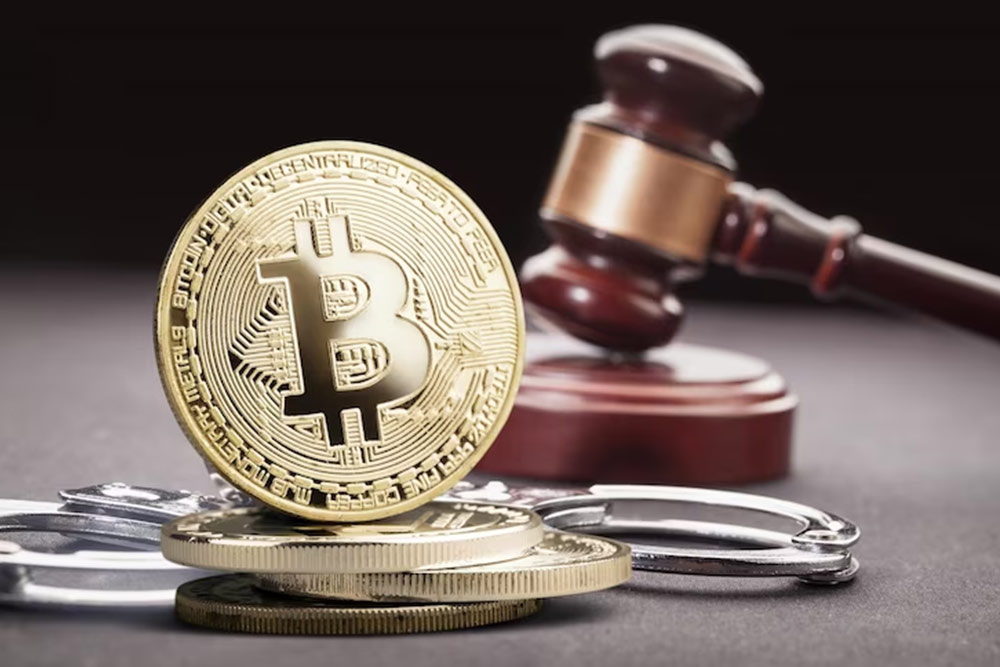The global landscape of finance and technology is undergoing a rapid transformation. However, it is propelled by the rise of cryptocurrencies and blockchain technology. During this transformation, Indian Prime Minister Narendra Modi has emerged as a visionary leader. He is advocating for a comprehensive global framework to regulate cryptocurrencies. Under India’s G20 presidency, PM Modi has addressed concerns about financial stability and elevated the discourse surrounding cryptocurrencies. This is to encompass their impact on emerging markets and economies in development.
Prime Minister Narendra Modi gave an exclusive interview to Business Today. He underscored the inevitability of technological progress and the urgent need to embrace and harmonize its adoption. He remarked, “The rapid pace of change of technology is a reality—there is no point in ignoring it or wishing it away. Instead, the focus should be on adoption, democratization, and a unified approach.” This forward-looking approach acknowledges the potential of cryptocurrencies and blockchain technology. As a result, this will revolutionize sectors ranging from healthcare and supply chain management to finance and beyond.
One of the standout aspects of PM Modi’s vision is his emphasis on avoiding a narrow, nation-centric, or group-oriented approach to crypto regulations. He advocates for a global consensus-based model that transcends geographical boundaries and considers the Global South’s concerns. Drawing a parallel with the aviation field, where standard international rules and regulations govern air traffic control and air security, PM Modi aptly points out the necessity of a unified approach. He envisions a world where crypto laws foster innovation while ensuring the protection of investors and maintaining financial stability.
Under India’s G20 presidency, PM Modi has propelled the crypto discourse beyond immediate concerns. By highlighting the potential impact of cryptocurrencies on emerging markets and economies in development, he has encouraged the G20 nations to deliberate on these issues collectively. The outcome of this collective effort has been a consensus that serves as guidance for standard-setting bodies. This approach is particularly significant as it ensures that regulations are comprehensive and consider the varying needs and aspirations of nations at different stages of economic development.
The discussions and seminars hosted during India’s presidency have played a crucial role in deepening the understanding of crypto assets. PM Modi’s emphasis on enriching dialogues has led to an informed discourse that considers both cryptocurrency’s opportunities and challenges. These conversations have empowered stakeholders to make informed decisions and have set the stage for a regulatory framework that balances innovation with security.
In conclusion, Indian PM Narendra Modi’s proposal for a global crypto regulation framework during the G20 presidency is a testament to his visionary leadership. By advocating for the adoption, democratization, and harmonization of technological advancements, he has set the stage for a future where cryptocurrencies and blockchain technology can thrive while ensuring the integrity of financial systems. His call for a unified global approach, rather than fragmented nation-centric regulations, reflects a forward-thinking mindset prioritizing collaboration and consensus-building. As the world navigates the complex landscape of crypto rules, PM Modi’s stance offers a beacon of hope for a harmonious and innovative future.

